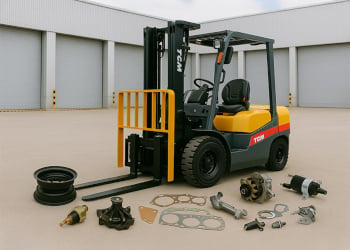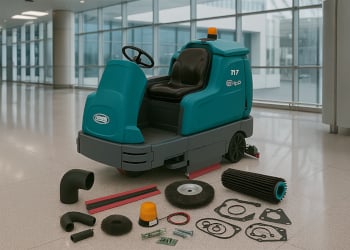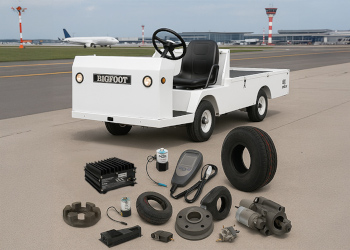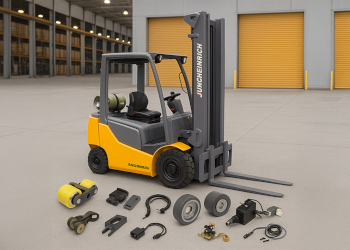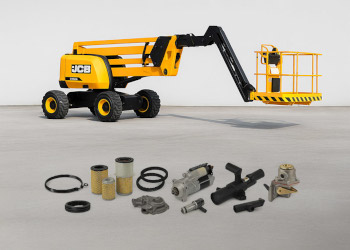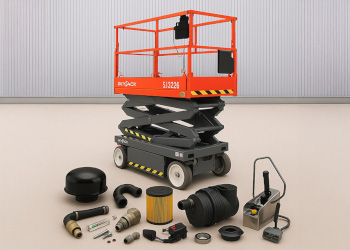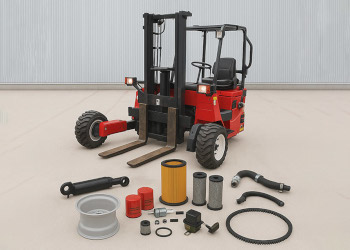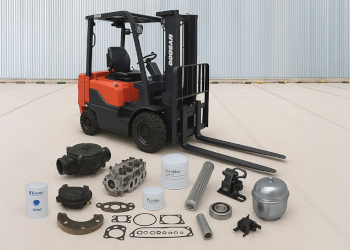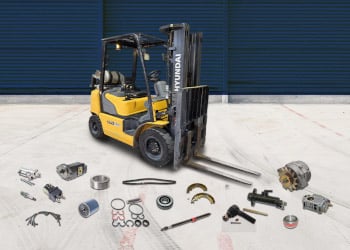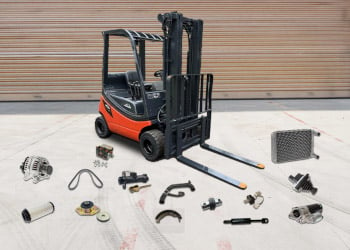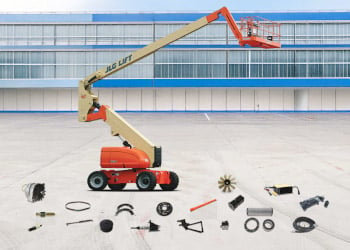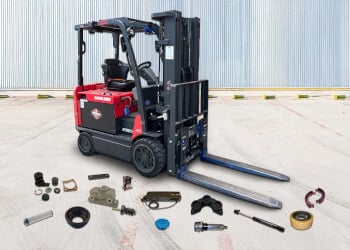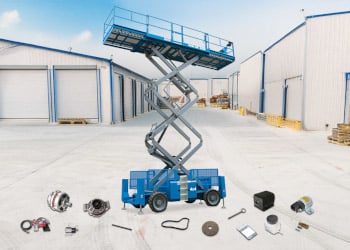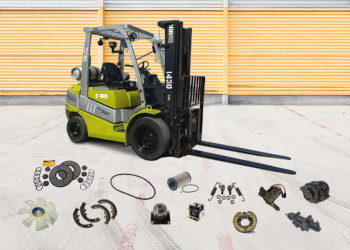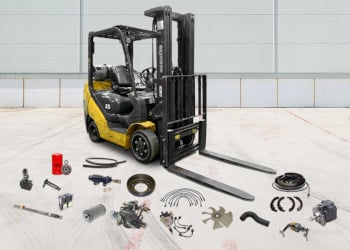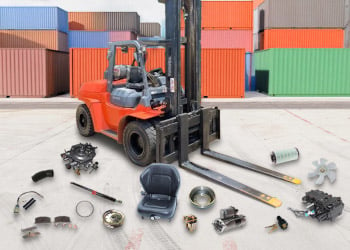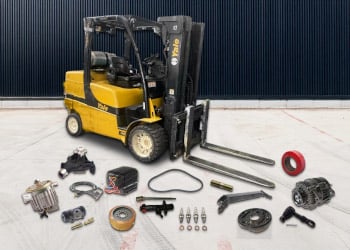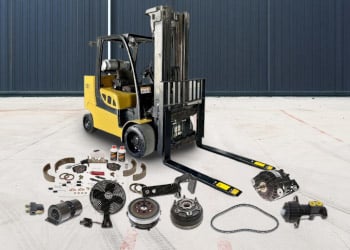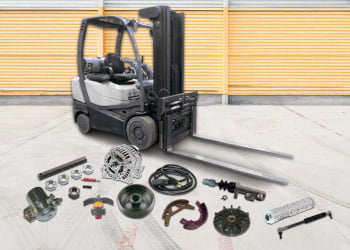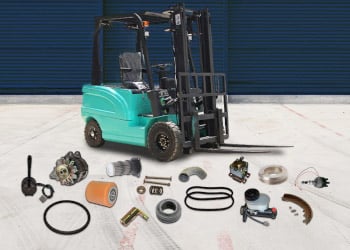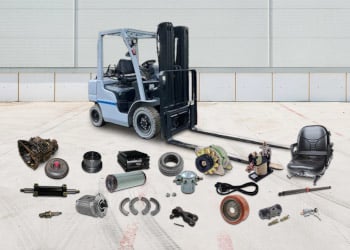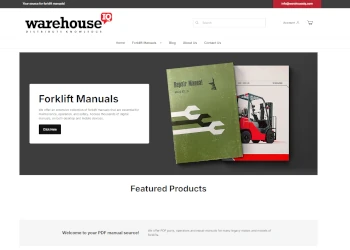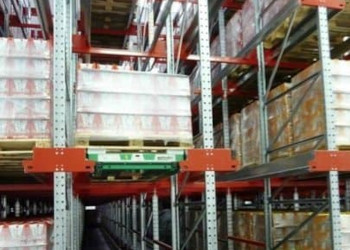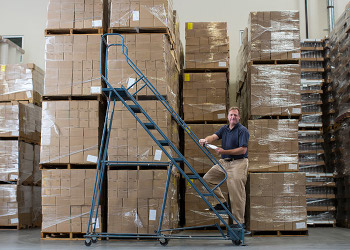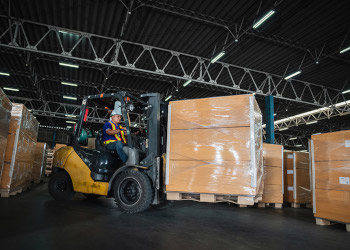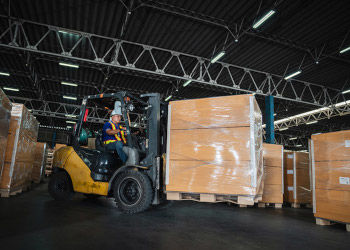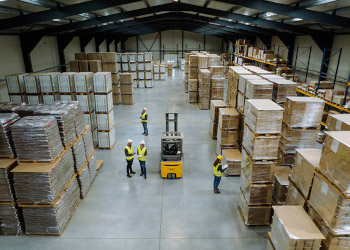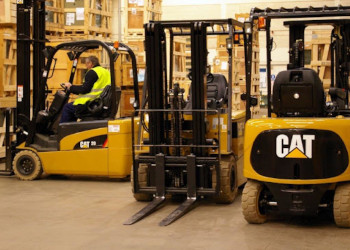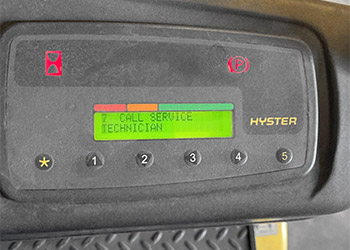Your source for parts, service and operator PDF manuals
Our TCM forklift parts offer a seamless blend of affordability and reliability, ensuring that you never have to compromise, whether it be aftermarket or OEM. Warehouse IQ has an extensive stock of both OEM and aftermarket parts on hand for your TCM Forklift.
Tennant Parts
Our Tennant parts are meticulously crafted to meet or exceed OEM specifications, ensuring they are robust, reliable, and surprisingly affordable. Experience the peace of mind that comes with quality assurance and competitive pricing.
Combilift Forklift Parts
Tired of trying to find parts? Warehouse IQ offers an exhaustive variety of Combilift Forklift Parts for your Combilift Forklift. Let us help you maintain optimal performance of your forklift regardless of the complexity or scale of their operational needs.
Taylor Dunn Parts
Don't struggle with long lead times and limited availability. Let Warehouse IQ reduce your downtime with the Taylor Dunn Parts you need. We provide exceptional customer support, streamlined ordering process and fast shipping.
Jungheinrich Forklift Parts
Shop Warehouse IQ's exclusive range of hard-to-find Jungheinrich forklift parts. Meticulously curated and readily available ensuring you never waste valuable time waiting for overseas shipments.
JCB Lift Parts
At Warehouse IQ our JCB Lift parts handle the extreme conditions you put your lift through. Trust us to keep your JCB lift running with parts strong enough to handle whatever you put your lift through.
Skyjack Lift Parts
Warehouse IQ has solutions for all your Skyjack Lifts to keep your equipment and operations running efficiently, with thousands of highly requested parts stocked daily, so you can trust us to get you what you need.
Moffett Forklift Parts
Whether embarking on repair, upgrading for innovation, or ensuring dependable maintenance, entrust your needs of unparalleled craftsmanship that consistently withstands the demands of time and rigorous use with Moffett Forklift Parts from Warehouse IQ.
Doosan - Daewoo Forklift Parts
Warehouse IQ has an extensive inventory of aftermarket Doosan-Daewoo forklift brand parts to keep your forklift moving. Get your equipment up and running quickly with our affordable, quality parts. Not sure what you need? We are here to help!
Hyundai Forklift Parts
At Warehouse IQ, we carry a wide collection of parts to keep your Hyundai brand forklifts operating at optimum performance. With our commitment to quality and competitive pricing, you can be sure to extend the lifespan of your equipment, which is important for your business's bottom line.
Linde Forklift Parts
If your warehouse operations rely on Linde forklifts, Warehouse IQ is your go-to source for replacement parts. Our full line of inventory combines top-tier quality with unbeatable prices, ensuring your machinery operates at its peak performance.
JLG Lift Parts
Warehouse IQ has the JLG Lift Parts you need to keep your machine running. We offer thousands of items, including accessories, manuals, and service tools.
Raymond Forklift Parts
Warehouse IQ carries hundreds of aftermarket and replacement parts for your Raymond brand forklift. Here you'll find reliable Raymond forklift parts and accessories for all your material handling needs.
Genie Lift Parts
At Warehouse IQ, our inventory of Genie Lift parts ensures that you no longer need to search tirelessly—whether it’s precision-engineered components or robust machinery enhancements, each part stands as a testament to unrivaled quality and performance. Look no further than Warehouse IQ for your forklift brand parts.
Clark Forklift Parts
Whether you're in search of a robust seat for comfort during long hours of operation or a reliable brake system for unwavering safety, our meticulously curated selection of Clark brand forklift parts delivers precision engineering and unmatched durability. Warehouse IQ has got your back!
Komatsu Forklift Parts
When you are searching for replacement forklift brand parts for your Komatsu forklift, look no further than Warehouse IQ. We carry a complete line of aftermarket products to keep your equipment running smoothly. Whether you need an owner's manual or brake pads, we've got you covered.
Toyota Forklift Parts
Dependable, affordable, quality Toyota Forklift Parts are here at Warehouse IQ. Whether you need parts to maintain, enhance, or overhaul, we provide an exhaustive selection of Toyota brand forklift parts that you can get shipped right to your door.
Yale Forklift Parts
Warehouse IQ's Yale forklift aftermarket parts are designed to seamlessly integrate and enhance the functionality of your machine. Our premium range of brake, engine, and electrical accessories is meticulously crafted for perfect compatibility, ensuring safety and efficiency in every lift.
Hyster Forklift Parts
Whether you're dealing with an unexpected breakdown or routine maintenance, you can count on our wide inventory to get you exactly the Hyster brand forklift part you need—delivered with lightning speed. Warehouse IQ powers your operations—all day, every day.
Crown Forklift Parts
Warehouse IQ has a wide variety of brand forklift parts. We've got the Crown lift parts you need! Keep your operations running like clockwork with the parts that make a difference, because when it comes to keeping your Crown lifts in prime condition, we've got you covered!
Caterpillar & Mitsubishi Forklift Parts
Need a certain brand of forklift part? We got them! Keep your Caterpillar and Mitsubishi fork lifts running smoothly with our new line of forklift parts.
Nissan / Unicarriers Forklift Parts
If you’re looking for components for your Nissan / Unicarriers lift truck, you’ve come to the right place. We've got the parts. Warehouse IQ carries a wide range of brand forklift parts.
New website for warehouseiq.com!
We invite you to explore the redesigned Warehouse IQ site and discover everything it has to offer with easier access to our latest products, services, and news
Space Utilization and the Rule of 4
Discover how to increase your storage utilization in your warehouse pallet racking to 87.5% using the rule of 4. This article explains the concepts used when designing warehouse storage strategies and what types of racking to employ.
Advantages and Disadvantages of Pallet Racking
Learn the different types of storage methods for the warehouse including: Strengths and Weaknesses of Bulk Stacking, Selective Racking, Double Deep Rack, Push Back, Pallet Flow, Deep Lane Dense shelving.
Forklift Weight Capacities: An In-Depth Overview
Learn forklift weight capacities for various types of lift trucks and what the standard lifting weights are for each type.
Forklift Weight Capacities: An In-Depth Overview
Learn forklift weight capacities for various types of lift trucks and what the standard lifting weights are for each type.
How to Choose the Right Warehouse for Your Business: A Comprehensive Guide
Learn about which warehouse is right for your business and how to choose the right warehouse for your business needs.
CAT forklift error codes
CAT forklift error codes need to be cleared when they appear on a Caterpillar lift truck display. Here is how to diagnose what fix is needed.
Hyster and Yale Forklift Error Codes
Here are the Hyster forklift error codes and the Yale forklift error codes. They are the same on both brands of lift truck.
Pages


